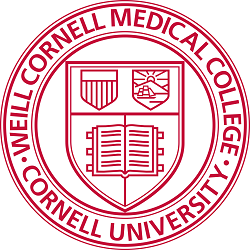Authors: Beck RW, Riddlesworth TD, Ruedy K, Ahmann A, Haller S, Kruger D, McGill JB, Polonsky W, Price D, Aronoff S, Aronson R, Toschi E, Kollman C, Bergenstal R; DIAMOND Study Group.
Abstract
Background: Continuous glucose monitoring (CGM), which studies have shown is beneficial for adults with type 1 diabetes, has not been well-evaluated in those with type 2 diabetes receiving insulin.
Objective: To determine the effectiveness of CGM in adults with type 2 diabetes receiving multiple daily injections of insulin.
Design: Randomized clinical trial. (The protocol also included a type 1 diabetes cohort in a parallel trial and subsequent second trial.) (ClinicalTrials.gov: NCT02282397).
Setting: 25 endocrinology practices in North America.
Patients: 158 adults who had had type 2 diabetes for a median of 17 years (interquartile range, 11 to 23 years). Participants were aged 35 to 79 years (mean, 60 years [SD, 10]), were receiving multiple daily injections of insulin, and had hemoglobin A1c (HbA1c) levels of 7.5% to 9.9% (mean, 8.5%).
Intervention: Random assignment to CGM (n = 79) or usual care (control group, n = 79).
Measurements: The primary outcome was HbA1c reduction at 24 weeks.
Results: Mean HbA1c levels decreased to 7.7% in the CGM group and 8.0% in the control group at 24 weeks (adjusted difference in mean change, -0.3% [95% CI, -0.5% to 0.0%]; P = 0.022). The groups did not differ meaningfully in CGM-measured hypoglycemia or quality-of-life outcomes. The CGM group averaged 6.7 days (SD, 0.9) of CGM use per week.
Limitation: 6-month follow-up.
Conclusion: A high percentage of adults who received multiple daily insulin injections for type 2 diabetes used CGM on a daily or near-daily basis for 24 weeks and had improved glycemic control. Because few insulin-treated patients with type 2 diabetes currently use CGM, these results support an additional management method that may benefit these patients.



